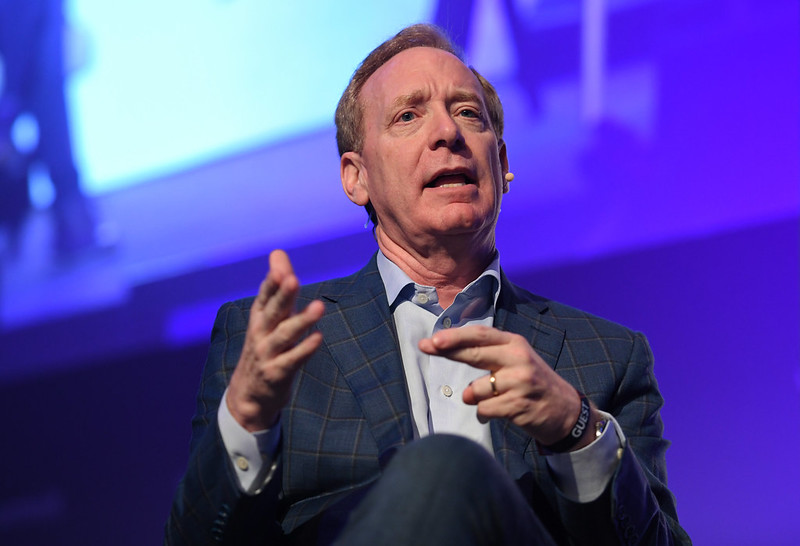 POLICY
POLICY
 POLICY
POLICY
 POLICY
POLICY
The U.S and other countries should start making tech companies pay media outlets for the content they use, Microsoft Corp. President Brad Smith (pictured), wrote in a blog post today.
In December last year, the Australian government announced it was introducing what it called “world-first” legislation that would force companies such as Google LLC and Facebook Inc. pay media when they link to stories.
Google’s response was that the rule goes against how the web fundamentally works, calling the proposal “unreasonable and unmanageable.” The company said if the legislation is passed, it may pull out of the country. “Withdrawing our services from Australia is the last thing that I or Google want to have happen, especially when there is another way forward,” Google said.
Facebook was equally miffed, echoing Google in that it said the code was “unworkable,” stating that it “misunderstands the dynamics of the internet and will do damage to the very news organizations the government is trying to protect.”
Smith begs to differ. He reiterated in the post that Microsoft has endorsed the code and if it should become law the Bing search engine will remain in Australia. He added that the company would be happy to share some of its revenue with media organizations in the country. He also thinks the U.S. and other countries should espouse this model.
“The United States should not object to a creative Australian proposal that strengthens democracy by requiring tech companies to support a free press,” he wrote. “It should copy it instead.” He talked about how social media has “devoured” traditional newsrooms and how misinformation pervades the web. One solution to that, he thinks, would be to start paying media for content.
“The legislation will redress the economic imbalance between technology and journalism by mandating negotiations between these tech gatekeepers and independent news organizations,” said Smith. “The goal is to provide the news organizations with compensation for the benefit derived by tech gatekeepers from the inclusion of news content on their platforms.”
What’s perhaps amusing is Smith pointed out that within 24 hours of Microsoft endorsing the plan, according to him Google contacted Australia’s Prime Minister Scott Morrison saying it had changed its mind about pulling out. “Apparently, competition does make a difference,” wrote Smith.
On the other hand, some observers noted that it was easier for Microsoft to agree to rules for which its business largely wouldn’t suffer. “I also think it would be great if the US adopted laws that harmed all my competitors without affecting me personally,” Casey Newton, creator of social network news subscription service Platformer quipped about Smith’s comments on Twitter.
“The ultimate question is what values we want the tech sector and independent journalism to serve,” Smith concluded. “Yes, Australia’s proposal will reduce the bargaining imbalance that currently favors tech gatekeepers and will help increase opportunities for independent journalism. But this is a defining issue of our time that goes to the heart of our democratic freedoms.”
THANK YOU